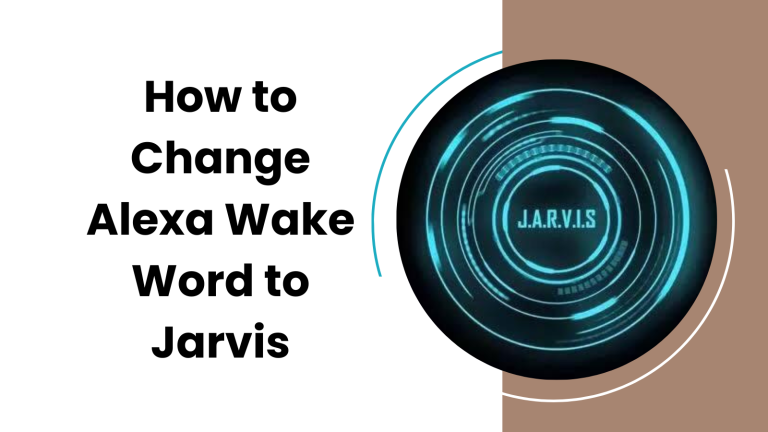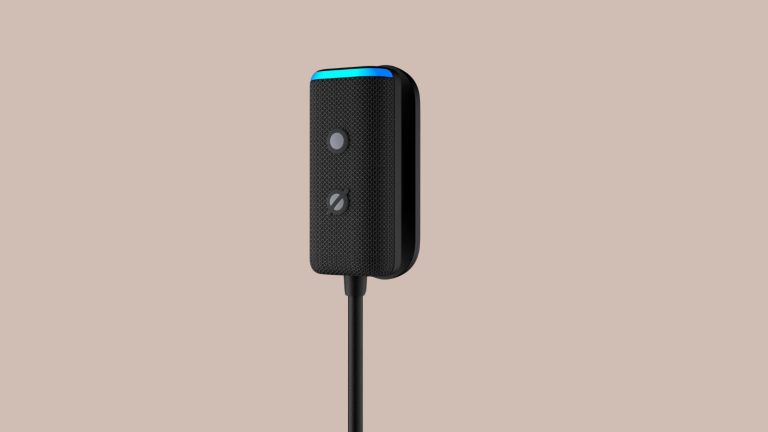Can You Use Alexa to Spy on Someone

So, you’ve got an Alexa, right? And let’s be real it’s super handy for asking about the weather, playing tunes, or setting up those romantic dinner moods with voice-controlled lighting.
But here comes the million-dollar question: Can you Use Alexa to Spy on Someone?
Now, I know what you’re thinking. Is it even possible? And more importantly, is it legal or ethical?
Alexa is all up in our homes, listening and waiting for those magic words—”Hey, Alexa!” But its ability to hear has raised some eyebrows and maybe even sparked a bit of paranoia.
I mean, how well do we really know this friendly voice that can so effortlessly tell us dad jokes or help us nail a chicken casserole recipe? Could this digital home helper have a darker side?
How Do You Know If Someone Is Listening In On Your Alexa?

If you’re getting the heebie-jeebies thinking someone might be spying on you through your Alexa, listen up. \
If someone is using the “Drop In” feature or has hacked into your device, there are a couple of tell-tale signs. First, the light ring on your Alexa device will turn green to indicate that the Drop-In feature is being used. Second, your Alexa app will also show an active Drop-In session. These are immediate visual cues that someone is potentially listening.
So, what do you do? You can end a Drop-In session by saying “Alexa, hang up.” But if you’re still uneasy, you might want to do a little digging.
Check your Alexa app regularly to review your voice command history.
If you see commands that you didn’t make, that’s a major red flag. Also, keep tabs on any new or suspicious Skills that have been added. Delete anything you didn’t personally approve.
Can You Use Alexa to Spy on Someone?
You might think it’d be cool or sneaky to use Alexa as your personal spy but hold your horses. Amazon has designed Alexa with a focus on user privacy and has installed various safeguards to prevent unauthorized listening.
So, technically, Alexa is not built for the James Bond stuff you might be thinking about.
There’s always a “but,” isn’t there? While the main purpose isn’t spying, any tech can be misused if someone is determined enough.
1. Switching Accounts
Totally, and it’s freakier than it sounds. Resetting your Alexa and syncing it to a different Amazon account could expose you to some pretty wild stuff.
Not only could the other account control your device, but they may also have the chance to listen to your past voice commands and conversations. Yep, it’s a legit backdoor into your personal life.
So, how do we slam that door shut? Here’s the lowdown: make sure your device is as secure as a vault. If you ever decide to get rid of your Alexa device, remember to hit that factory reset button and unlink it from your Amazon account.
This way, the next owner won’t have access to your history or any other data you’d rather keep private.
2. Remote Control via App
Believe it or not, your phone might be the weakest link in your Alexa security chain. Someone who gains unauthorized access to your phone could, theoretically, listen in on you via your Alexa.
Your personal space becomes public domain in a heartbeat.
So, what’s the play? Keep your phone secure, as if it’s the keys to the kingdom.
A strong password, biometrics, and always logging out of shared or public devices can help you keep the control where it should be: with you.
3. Malicious Skills
Oh yeah, malicious Skills are as real as your coffee addiction, and they’re super sneaky.
Think of Skills as the apps of the Alexa world. A sketchy Skill could be the high-tech version of a Trojan horse, gathering way more information than you ever intended to share.
The counter-move? Be super selective. Don’t just go adding Skills because they sound cool.
Check out the reviews, look at the ratings, and only add ones from sources you know and trust. It’s always better to be safe than sorry.
4. Voice Purchasing
While this isn’t about spying, per se, it does invade your financial privacy. If someone can mimic your voice, they could make unauthorized purchases without breaking a sweat.
Your hard-earned cash, just floating into the ether!
How to fight back? Go to your Alexa settings and set up a voice purchasing PIN.
This will add an extra layer of security, requiring a PIN confirmation before any purchase goes through.
5. Dropping In
The ‘Drop In’ feature could turn your Alexa device into an accidental eavesdropping device.
It’s designed for easy, direct communication between Alexa-enabled devices, but if someone can access your Alexa or even the Alexa of a contact they could listen in without you knowing.
Protection strategy? Be selective about who has Drop-In access. You can customize the settings to allow only certain contacts to use this feature with your device. Plus, always make sure you’re using the latest software to keep security tight.
In the End
Alexa’s great for setting reminders, playing your jam, or even helping with dinner recipes. But just like anything that’s plugged into the World Wide Web, it’s got its own set of issues. Privacy, my friends, is a biggie.
While Alexa isn’t the villain here, the tech isn’t foolproof either. So, let’s stay sharp, stay informed, and most importantly, keep our personal spaces, well, personal.





![How to Reset & Reboot Sonos Play 1 [A Quick and Easy Guide]](https://www.automatedhomediy.com/wp-content/uploads/2023/10/How-to-Reset-Reboot-Sonos-Play-1-768x432.png)

One Comment